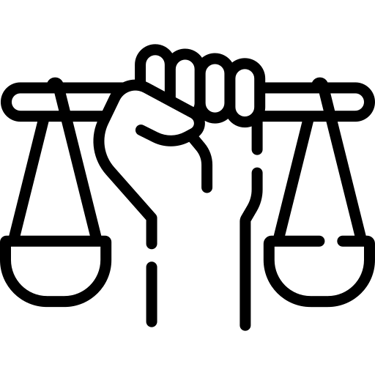
Digital Literacy in Nepal
Bridging the Gap for a Brighter Future
DIGITAL LITERACY
MANOSANSAR
In a world driven by technology, digital literacy is no longer a luxury—it’s a necessity. For Nepal, a country with a rapidly growing youth population and increasing internet penetration (currently 35%), digital literacy holds the key to unlocking economic growth, social inclusion, and educational opportunities. Yet, only 19% of Nepalis possess basic digital skills (World Bank, 2022).
Why digital literacy matters in Nepal?
Empowering Education
With 4.5 million students affected by school closures during the pandemic, online learning became a lifeline. However, only 12% of rural households had access to digital tools (UNICEF, 2021). Digital literacy ensures students can navigate e-learning platforms, access resources like Sikai Chautari, and bridge the urban-rural education divide.
Boosting Employment:
Nepal’s unemployment rate stands at 11.4% (ILO, 2023). Digital skills like coding, graphic design, and digital marketing are in high demand globally. Platforms like Hamro Skills and Upwork offer opportunities, but only 8% of Nepali youth are equipped to leverage them.
Improving Access to Services:
From telehealth apps like DocOnCall to e-governance portals like Nagarik App, digital platforms simplify life. Yet, 70% of rural women lack the skills to use these tools, limiting their access to healthcare, banking, and government services.



Challenges to Digital Literacy
Infrastructure Gaps
Gender Disparity
Cultural Barriers
Promoting digital safety, and advocating for policies
Manosansar Nepal has implemented WiDE program focused on rural, marginalized, and women communities with the aim of making digital transformation in Nepal a tool for inclusive, equitable, and socio-economic development. The organization has integrated digital literacy, technology access, and policy advocacy as strategic measures to reduce digital inequality.
The lack of digital literacy in Nepal has left many citizens uninformed about online risks, data privacy, and cybercrime. To address this, Manosansar Nepal has launched a Digital Literacy Campaign aimed at constitutionally protecting citizens' rights, privacy, cybersecurity, and inclusivity in the digital age. This initiative will empower citizens to safely and effectively use digital tools and platforms.
As digital technology expands in Nepal, the growing digital inequality faced by women, rural populations, and marginalized communities poses a serious challenge to socio-economic development. This disparity extends beyond access to technology, creating significant barriers to equality in education, healthcare, and economic opportunities. In this context, Manosansar Nepal’s project is grounded in the urgent need to eliminate the digital divide, ensure secure digital access, and advocate for policy reforms.


Digital Literacy Training
Teach basic digital skills to help people use smartphones, computers, and online platforms safely.


Awareness on Online Safety
Educate communities about cyber risks and ways to protect themselves.


Access to Technology
Provide tools and resources (like devices or internet access) to underserved groups, especially in rural areas.


Protecting Rights
Help individuals understand their digital rights, data privacy, and legal protections online.


Advocacy
Push for policies that ensure marginalized communities benefit from digital growth and opportunities.


Skill Development
Train people to use digital tools for education, jobs, healthcare, and entrepreneurship.
General Objectives
contact@manosansar.com
© 2025. All rights reserved by MANOSANSAR NEPAL.
📄 Quick Links:
🔹 About Us
🔹 Our Programs
🔹 Get Involved
🔹 Donate
🔹 Contact Us
🔒 Privacy Policy | 📜 Terms of Service
